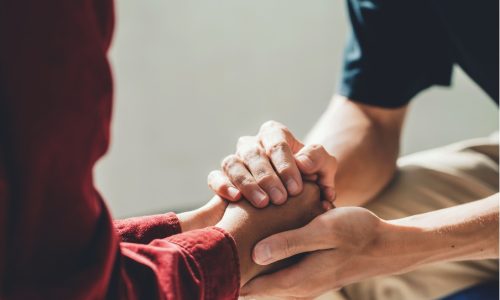Understanding Stressor-Related Disorders
Traumatic or highly stressful life events can have a lasting impact on emotional and psychological wellbeing. While many people recover over time, some continue to experience distressing symptoms that interfere with daily life, relationships, and sense of safety. Trauma and stress-related disorders are mental health conditions that develop in response to these events and require specialised support.
These disorders may involve symptoms such as flashbacks, nightmares, avoidance, irritability, anxiety, emotional numbness, or trouble concentrating. Early assessment and appropriate treatment can make a significant difference in recovery.

Common Stressor-Related Disorders We Support
Our team works with children, adolescents, and adults experiencing a range of trauma-related concerns, including:
- Post-Traumatic Stress Disorder (PTSD)
Ongoing symptoms following a traumatic event, such as flashbacks, nightmares, hypervigilance, and emotional detachment. - Acute Stress Reaction
A short-term response to trauma, where individuals may feel overwhelmed, anxious, numb, or confused in the days or weeks following the event. - Adjustment Disorders
Emotional or behavioural difficulties triggered by major life stressors such as loss, relationship breakdown, illness, or relocation. - Childhood Trauma and Attachment Difficulties
Challenges related to early neglect, abuse, or unstable caregiving, which can affect emotional development, relationships, and behaviour.
Our Approach
We provide thoughtful, trauma-informed care designed to help individuals feel safe, understood, and empowered in their recovery. Our approach includes:
- Comprehensive trauma and mental health assessments
- Evidence-based therapies such as trauma-focused cognitive-behavioural therapy (TF-CBT), EMDR (Eye Movement Desensitisation and Reprocessing), or mindfulness-based approaches
- Individualised treatment planning based on each person’s needs and history
- Collaboration with families, schools, GPs, and other professionals
- Support for emotional regulation, resilience, and self-compassion
- Education and resources for carers and loved ones
